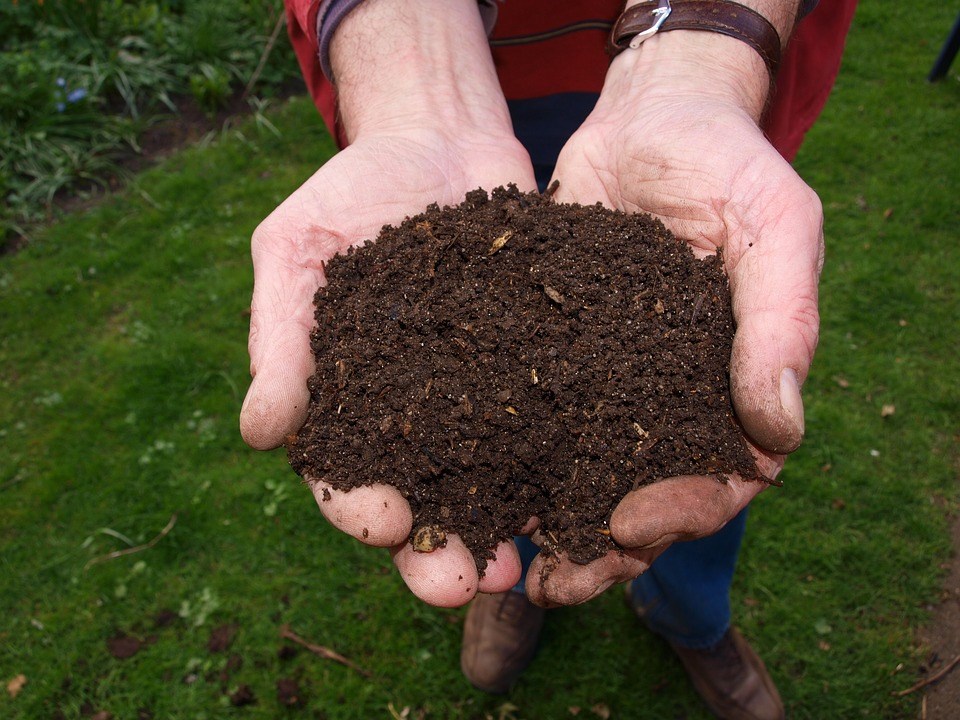While changes from Longmont’s composting processor means compostable products will no longer be accepted, the city’s waste services manager doesn’t think it will have much of an impact on long term diversion goals.
A1 Organics, the area’s only compost facility, announced that starting April 1 it will only accept food and yard waste due to an overwhelming amount of non-compostable materials being added to the compost waste delivered to its facilities. The restriction prohibits previously accepted items like paper towels, compostable cups, paper products and compostable utensils.
In response, Waste Services Manager Charles Kamenides said that the city is updating their guidelines and informing residents about the changes, which will affect the city’s voluntary curbside compost program, composting at public buildings and city events.
Longmont aims to host zero waste events, and Kamenides acknowledged that the restrictions would mean some changes.
“Unfortunately, most of the compostable materials collected during city events are paper towels, compostable plates, cups and utensils,” he said. “As such, you will not see compost collections at city events. Waste stations will include trash recycling receptacles, and we encourage these vendors to utilize as many recyclable products as possible.”
However, he expects the impact to be small for the residential compost stream.
“From a curbside collection perspective, our waste Life Cycle Analysis report identified that, in a 2019 Boulder County waste characterization, a relatively small percentage of the organics stream was compostable products,” Kamenides said. “It is important to know that the majority of the material collected in a compost bin is yard debris and food wastes — not compostable products.”
He added that the incorporation of sorting technologies in the compost processing system should allow for the acceptance of compostable products in the future.
“So, in the long term, I do not see the prohibition of compostable products dramatically impacting the long term goals targeted in the waste component of the sustainability plan,” Kamenides said.
Longmont continues to explore options for a regional composting facility, according to the waste services manager, but he had no progress update as of Thursday. Kamenides also encouraged residents who have not yet signed up to opt into the curbside option for their yard and food wastes.



